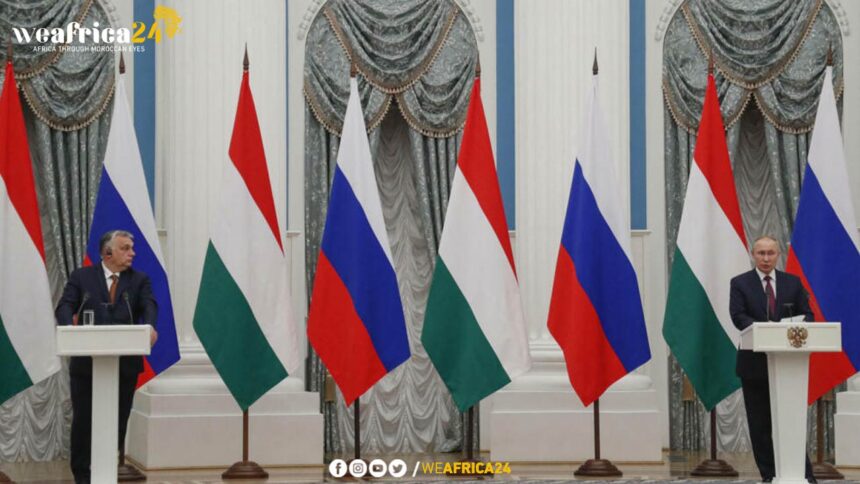Rumors began spreading on Thursday in Russia and across Europe that Hungarian Prime Minister Viktor Orban could be making his way to Moscow. Orban surprised everyone on July 2nd when he rushed to Kyiv, just a few days after Hungary had taken over the six-month rotating presidency of the European Union Council.
Now, there are rumors that he will travel to Russia with his Foreign Minister on July 5th. The rumors have already produced a lot of anger among the public and leading Europeans.
Viktor Orban seems to be at least pushing the envelope as he tries to claim his place as an honest broker between Kyiv and Moscow. While in Ukraine, he unilaterally called for a cease-fire, believing that this move is one of the tools needed if Europe is to live through the current times under the Hungarian EU presidency—one that Europe is facing. If the visit finally takes place, it will be the first time that an EU leader has gone to Moscow since April 11, 2022.
The Polish counterpart, Donald Tusk, reportedly expressed disbelief over the news that Orban would actually meet Vladimir Putin, says Brussels correspondent Pierre Bénazet. The mask fell only at these words from Charles Michel, President of the European Council: “Russia is the aggressor; Ukraine is the victim.
No discussion about Ukraine can take place without Ukraine.” This opinion was a little later re-uttered by Finnish Prime Minister Petteri Orpo, who stated, Orban puts himself above his pay grade. On the top of the European Union stands Hungary; Orban leads within the Council of the European Union, ministers under the control of the governments.
International relations are handled by Charles Michel, foreign policy is the work of the High Representative of the Union for Foreign Affairs and Security Policy, currently Josep Borrell, soon Kaja Kallas.
Orban’s anger that he was excluded during the last EU summit in critical decisions is possibly what made him the possibility of cozying up to Moscow, of course also to provoke the EU partners.
He voiced the intention to travel to Moscow, consonant with his equivocal approach to Russia since the onset of the war. He first met with Vladimir Putin, again, in October, below the rub; it was an attention-catching move, tearing open the chinks in the EU united front versus the Kremlin —chinks treated with indifference and mild downplaying by his European partners so far. More discreetly, the repeated trips of Hungarian Foreign Minister Peter Szijjarto to Moscow have remained unnoticed, as well.
One of Donald Trump’s hard-core supporters, Orban, has good relations with the Kremlin, which opposes the delivery of arms in Kyiv and bitterly criticizes Western sanctions against Russia.
All signs actually point to this development of the situation in EU politics and the incommensurability of maintaining unity in conflict with different national agendas and international relations.







